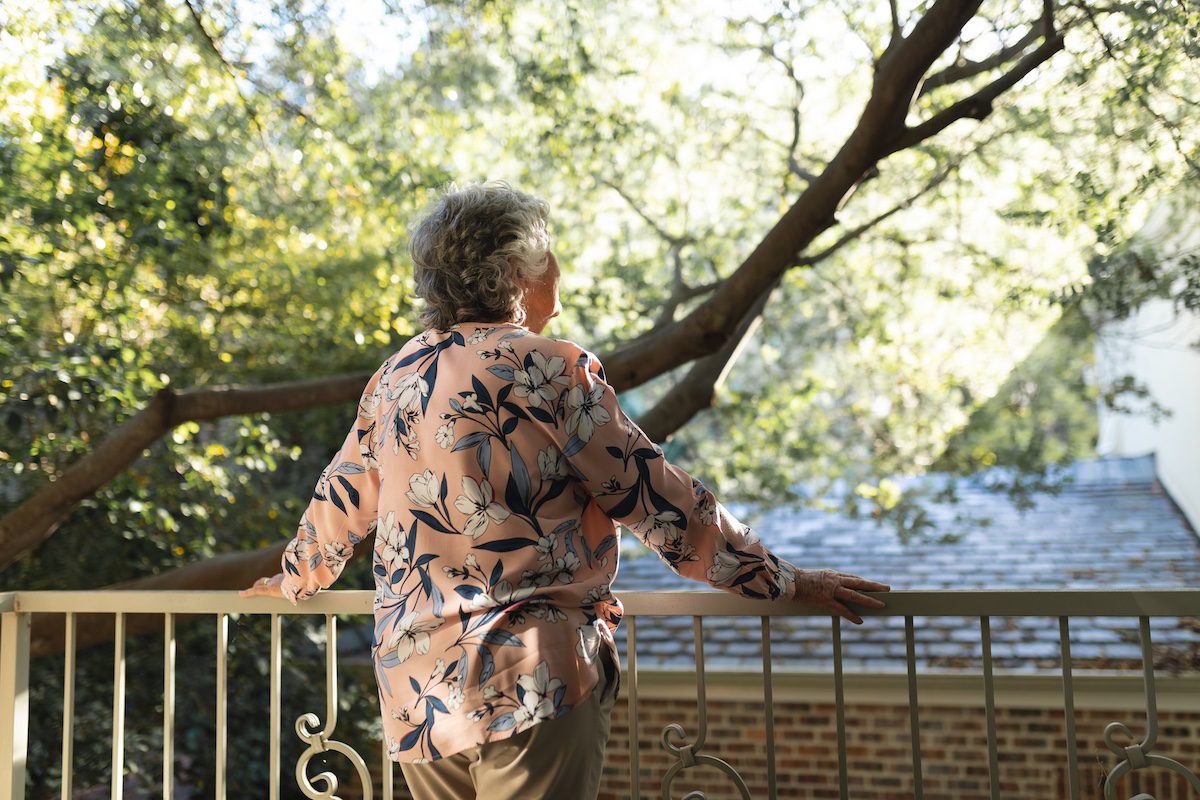When facing the final stages of a terminal illness, individuals and families often experience a range of emotional, physical, and spiritual challenges. During this time, hospice care provides compassionate support to help patients live as fully and comfortably as possible.
At the heart of this care is the hospice care team – a group of dedicated professionals who work together to address the complex needs of both patients and their families.
Understanding the roles and responsibilities of each member of this team can bring clarity and peace of mind during a difficult time.
What Is Hospice Care?
Hospice care is specialized support for individuals who have a terminal illness and a prognosis of six months or less to live if the disease follows its natural course. Rather than focusing on curative treatments, hospice emphasizes comfort, dignity, and quality of life.
The care is patient-centered and family-oriented, designed to relieve pain, manage symptoms, and offer emotional and spiritual support.
Most hospice care is provided in the patient’s home, but it can also be delivered in hospitals, hospice facilities, and nursing homes. A comprehensive, interdisciplinary hospice care team ensures that every aspect of the patient’s well-being is considered.
The Core Members of the Hospice Care Team
The hospice care team is made up of various professionals who bring their expertise together to deliver holistic support. Here’s a closer look at each member and the vital role they play:
1. Hospice Physician
The hospice physician, often called the medical director, oversees the patient’s care plan. They work in partnership with the patient’s primary care doctor and other healthcare providers to ensure that pain and symptoms are effectively managed.
Their responsibilities include:
- Assessing the patient’s medical needs
- Prescribing medications for pain and symptom relief
- Adjusting care plans as the patient’s condition changes
In many cases, the hospice physician provides guidance not only to the patient but also to the rest of the care team.
2. Hospice Nurses
Hospice nurses are central to patient care. They are typically the most frequent visitors and provide direct medical care, education, and support.
Their duties include:
- Administering medications and treatments
- Monitoring symptoms and vital signs
- Educating families on how to care for the patient
- Coordinating with other members of the care team
Nurses are also trained to respond to emergencies, provide comfort care, and help manage the physical changes that occur near the end of life.
3. Social Workers
Hospice social workers help patients and families navigate the emotional and practical aspects of end-of-life care.
Their support may include:
- Counseling for grief, stress, and anxiety
- Assisting with advance directives and legal documents
- Coordinating community resources such as financial aid or meal services
- Helping families communicate and make important decisions
Social workers provide a compassionate, listening ear and help create an environment of emotional safety and understanding.
4. Chaplains or Spiritual Counselors
Spiritual care is a core component of hospice. Chaplains or spiritual counselors are available to support patients and families regardless of religious affiliation or beliefs.
Their services include:
- Offering prayers, rituals, or spiritual discussions
- Helping patients find meaning and peace at the end of life
- Providing bereavement support and spiritual guidance to families
- Supporting the emotional and existential needs of patients
For many, spiritual care brings comfort and closure during a deeply personal time.
5. Home Health Aides
Home health aides provide essential support with daily living activities. Their compassionate care helps ensure that patients remain comfortable and maintain as much independence as possible.
Tasks may include:
- Assisting with bathing, dressing, and grooming
- Helping with mobility and transfers
- Monitoring patient comfort and reporting changes
- Providing companionship and reassurance
Their regular visits offer valuable relief to family caregivers and contribute significantly to the patient’s quality of life.
6. Volunteers
Hospice volunteers are trained individuals who offer their time and presence to patients and families.
Their contributions are diverse and meaningful, such as:
- Sitting with patients to provide companionship
- Running errands or helping with light household tasks
- Offering respite for family caregivers
- Reading, playing music, or simply being a comforting presence
Volunteers bring kindness and humanity to hospice care, often building lasting bonds with families.
7. Bereavement Counselors
Hospice care extends beyond the patient’s passing. Bereavement counselors support grieving families through the mourning process.
Services include:
- Individual or group grief counseling
- Memorial services and remembrance activities
- Resources on coping with loss
- Follow-up support for up to a year after the patient’s death
This continued support honors the emotional journey families undergo after a loss and helps them begin healing.
How the Hospice Team Works Together
The hospice care team operates as a collaborative unit, meeting regularly to discuss the patient’s condition, evaluate needs, and adjust the care plan. Communication is key, not only among team members but also with the patient and family.
Care is tailored to each individual’s unique needs, preferences, and values. The team ensures that physical comfort is maintained while also addressing the emotional, social, and spiritual aspects of dying. This interdisciplinary approach allows patients to remain in control of their care and live their final days with dignity and peace.
Supporting the Whole Family
Hospice care is not just for the patient – it’s for the family, too. The hospice team works closely with caregivers to:
- Educate them on what to expect
- Offer emotional and spiritual support
- Provide respite care when needed
- Guide them through the grieving process
By easing the caregiving burden and offering round-the-clock support, the team empowers families to focus on what matters most: spending meaningful time together.
Final Thoughts
The role of a hospice care team is nothing short of extraordinary. These compassionate professionals dedicate themselves to easing suffering, providing comfort, and supporting families during one of life’s most challenging times. Through medical expertise, emotional support, and spiritual care, they help patients approach the end of life with dignity, peace, and love.
If you or someone you love is facing a terminal illness, learning more about hospice care can provide clarity and comfort. Don’t hesitate to reach out to our team to discuss how we can support your unique needs and bring hope and compassion into this important chapter of life.


